
Summer time means more time spent outdoors and unfortunately more insect bites. The most common insects that bite humans are mosquitoes, flies, bees, wasps and spiders. They are everywhere, regardless of the geographic area, and they even live in big urban zones, not just in wild nature. An insect bite can be very unpleasant, it itches, stings or burns and leaves an unattractive mark.
There are a few ways to repel the insects and to soothe and heal the bites in a natural and safe way.
There are so many plants and herbs within our reach that can be very effective for insect bites. On of the best plants is plantain, also called pig’s ear, ribwort and band-aid plant. It grows virtually everywhere- in woods, meadows, gardens, driveways, parks and playgrounds. The plantain leaf can be recognized by five veins that run through it, the central one usually being the biggest. Broad leaf plantain has wide leaves and tall and slim seed head, while the narrow leaf plantain has thin leaves with flower head that somewhat resembles a flying saucer. Both kinds are equally beneficial.
Just like most other plants whose leaves are used as a natural remedy, plantain leaves should be chewed in order to make a poultice. The leaf is first cleaned and washed and then thoroughly chewed so that the beneficial come out. This poultice is then applied directly to the affected area, and the symptoms like burning, swelling, itching and redness disappear.
Dry plantain leaves can also be used for this purpose, and they need to be chewed just like fresh ones.
Fresh herb poultices for insect bites can be made from many different plants and the best ones, apart from plantain are comfrey yellow dock, wild geranium, wild mallow, chickweed and yarrow.
Many trees have leaves that are beneficial for symptoms of insect bites. It is important to know how to recognize the ones that are good (like witch hazel and willow) from those that are useless or even harmful. General rule is to avoid shiny, waxy leaves and if a leaf is very bitter or burning while chewing, it should be spat out immediately.
Another effective natural remedy against insect bites is mud. It is best to use white clay powder mixed with some water or herbal tea. Clay powder is less likely to contain fungus spores, so it is safer to use. Ground rice and oatmeal, as well as grated potato or mallow root, can be used as well.
Diluted tincture of yarrow is a good and natural insect repellent and can be used instead of artificial repellent products.
Some areas are plagued with ticks that may carry Lyme disease. It is important to take a good long shower after spending time in those areas because the tick may not have attached yet and can be washed off.


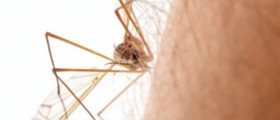
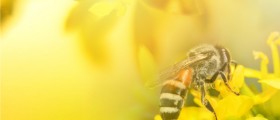
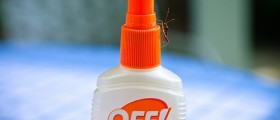
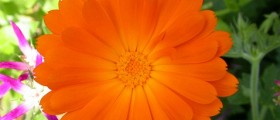
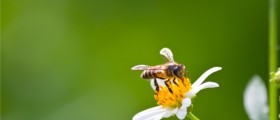
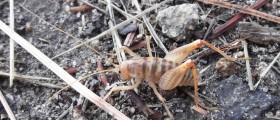
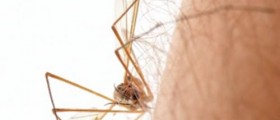

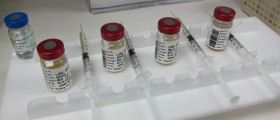

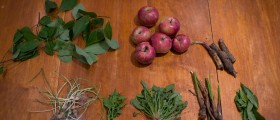
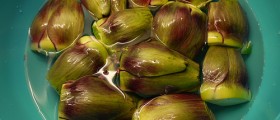



Your thoughts on this
Loading...